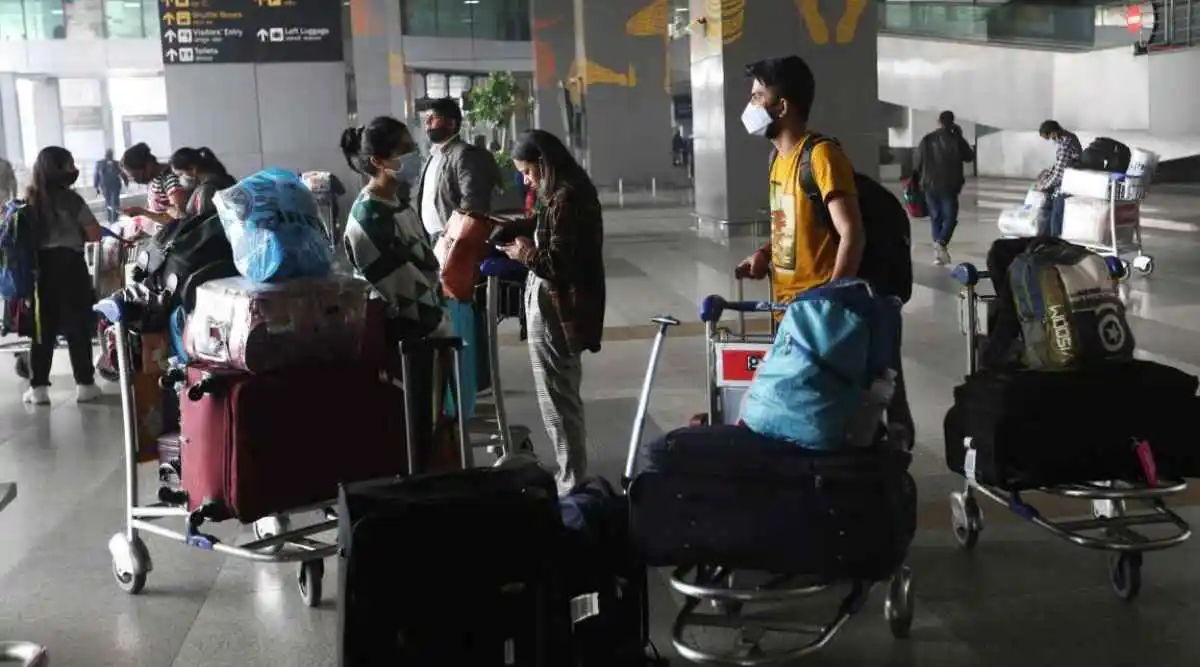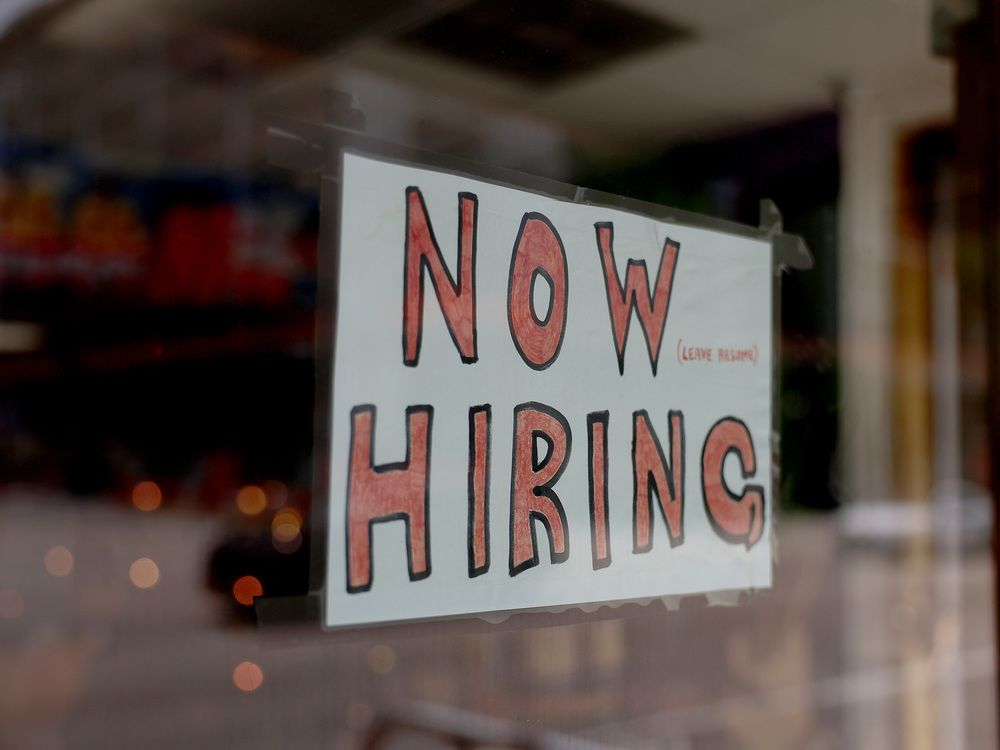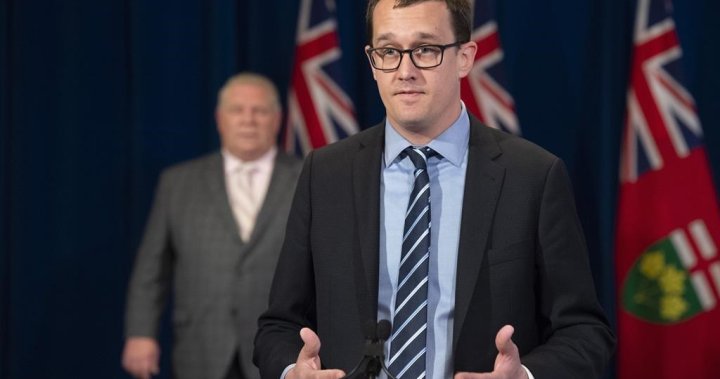In 2022, the number of job vacancies in Canada averaged 942,000, about two-and-a-half times the average of 377,000 in 2016. To address high vacancies and labour shortages, government officials and businesses often point to immigration as a solution. Indeed, shortages were a key reason behind the federal government’s decision last year to increase immigration targets that aim to bring in 500,000 newcomers annually by 2025.
Morissette’s paper states that for the 113,000 vacant positions in the fourth quarter last year that required a university degree, there were 227,000 unemployed Canadians and permanent residents that met the education criteria, out of which 123,000 were unemployed immigrants with a bachelor’s degree or higher.








